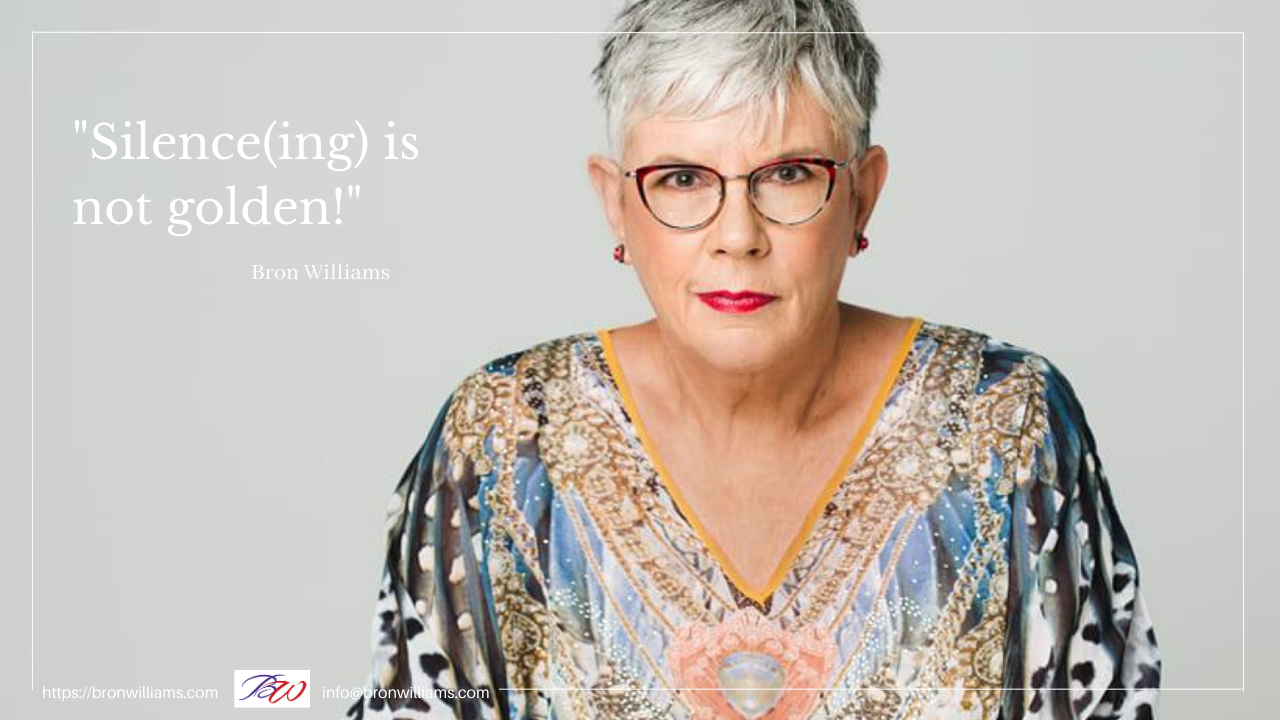Silence(ing) is not golden!
Silence may be golden, but silencing is not.

There's a familiar phrase, "Silence is golden," that I've heard many times, often to indicate that a lack of noise or commotion is refreshing, restorative, or simply appreciated. Yet, this phrase often falls short of representing the full story, especially when we consider the idea of silencing.
Recently, I led a masterclass on the language of leadership, focusing on encouraging women to trust their own voices. Women, historically and culturally, have been conditioned to silence themselves — to comply, to fit in, not to make waves. We find a similar experience with people of colour, older people, or those with disabilities. Silence, in these contexts, may seem golden to those who are uncomfortable with the alternative, but it can render these individuals invisible.
Years ago, I penned a post on LinkedIn about women being silenced. The response was fascinating, especially from those who disagreed with my viewpoint, mostly men, who appeared to inadvertently validate my assertion. In essence, their disagreement seemed to attempt to silence me. Let's be clear: disagreement is not inherently silencing, but it crosses a line when it invalidates another person's lived experience or perspective.
Silencing pervades workplaces, across all fields — from corporate to education, from sport to science. Women, people of colour, older workers, and those with disabilities, experience this when they talk about their experiences with casual racism, sexism, ageism, or physical barriers. When these voices are silenced, issues remain unresolved and frustrations grow.
Even within families, silencing occurs when perspectives that deviate from the accepted narrative are subdued. In essence, silencing happens when individuals are uncomfortable with what is being shared. Much like the proverbial ostrich sticking its head in the sand, ignoring an issue does not make it disappear.
So, yes, "silence is golden" at times, but "silencing is not golden." In fact, it's a problematic way of avoiding uncomfortable truths or perspectives. As human beings, we must strive to do better. We mustn't silence those who share experiences different from ours, but instead actively listen, understand and grow from these interactions.
The world is teeming with different experiences, perspectives and truths that may challenge our own viewpoints. It's these differences that enrich our understanding and broaden our horizons. Listening, after all, is a valuable skill and, contrary to the phrase, it's in these moments when "silence is golden." Only by truly listening can we begin to appreciate the wealth of human experience and wisdom that we can share with each other.